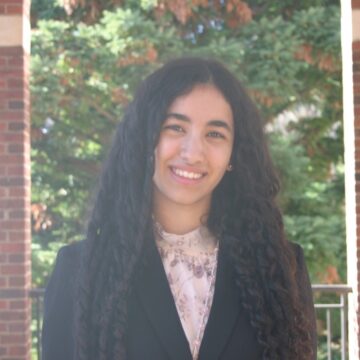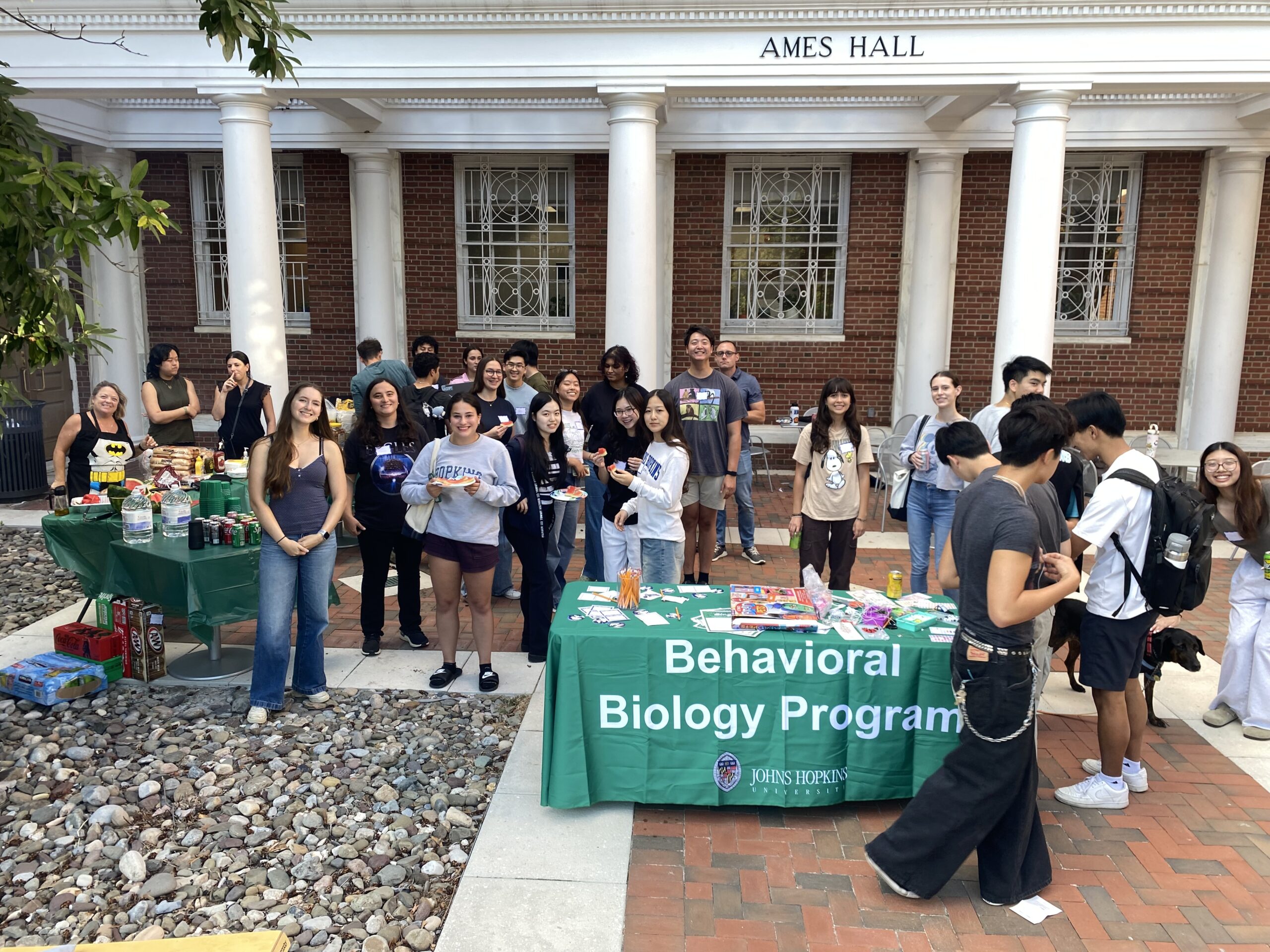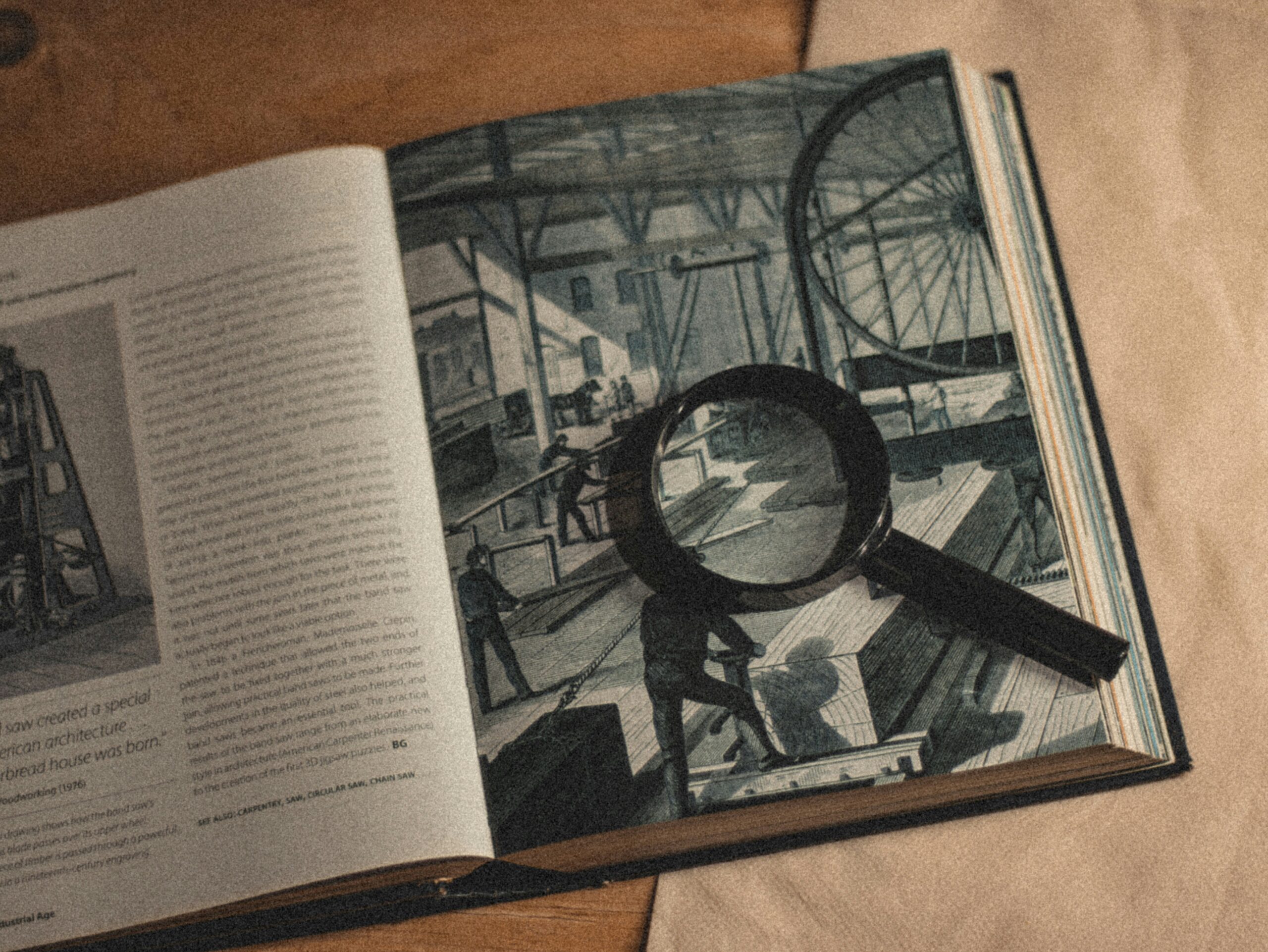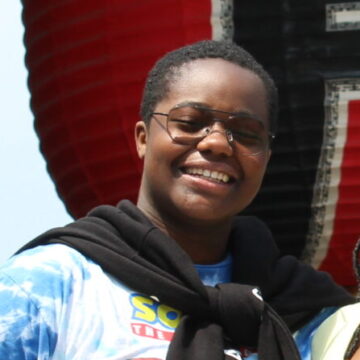
My teachers have always been among the most impactful people in my life; from kindergarten through high school, they’ve executed more than just their curricula—they’ve exposed me to ideas I’d never been able to dream up myself, taught me about core values, and all-around made me a better person. It was important for me to carry these relationships into college. To my pleasant surprise, I was able to easily connect with professors across Hopkins; this made me comfortable learning in such an environment and laid the groundwork for a successful time!
While I may (at the chagrin of others) constantly show my undying enthusiasm for a breadth of interests in environmental sciences, applied mathematics, history, and sociology (to name a few), my main program of study is economics. The Economics Department at Hopkins (while being amongst the best in the country) is a tight-knit community that I’m lucky to have found a place amongst. Our professors are extremely approachable and create a welcoming environment for all of us. I cannot count the number of times I’ve been in their offices and dropped in for a quick hello, seeking advice on coursework and future careers, or picking their brain for my research. One of my fondest memories with the department was when, after a less-than-ideal math exam, I ran all the way to my advisor’s office to seek some reassurance. Moments like these really exemplify what living and learning at Hopkins means to me and have solidified my appreciation for my professors.
There is one professor I feel the need to highlight, simply because of how important he has been to my development within my major and otherwise. I first met Professor Nick Papageorge when he gave a guest lecture in our Elements of Macroeconomics class in the fall of my first year. While the foundational concepts he taught were undoubtedly important, I was more intrigued by how he spoke about what economics meant to him, and I felt seen when he described some of the barriers he thought existed in studying economics. It was my first taste of academic freedom where a professor was bold and unencumbered enough to not only point out problems they’ve seen in their field of study, but also tell us how to right those wrongs. I knew then that this was someone I should stay in touch with.
I first cold-emailed Professor Papageorge as part of an assignment for my Arrive and Thrive class, which was designed to get us acclimatized to writing such emails. My awkward message to him culminated in a half-hour phone call, which has been one of the most eye-opening conversations I’ve had on campus. Amongst him offering advice on priorities I should have in economics, he urged me to apply to the Poverty and Inequality Lab (PIRL) where he is a co-director. I was stunned by the opportunity to work for such a lab in my first year! His suggestion yielded my eventual summer work with a sister lab on campus, 21st Century Cities (21CC), where I continue to work and have learned an exceptional deal about research in the social sciences.
I am also grateful for the way my relationship with Professor Papageorge has matured over the last two years. I took his highly rated class, the Social Policy Implications of Behavioral Economics, in my second year, which exposed me to higher-level academic research and its applications. He designed this course to bring in the best from all that economics has to offer—qualitative and quantitative data, applied econometric theory, and advanced mathematics and statistics, to name a few. Having important discussions with him in this class setting inspired me to pursue independent research, which he has graciously offered to help guide me through. I am excited to see how this formalized role as an advisor will play out, and the impact it will have on my evolving love for the subject.
In all, I am extremely grateful to have professors like Professor Papageorge at Hopkins, and a department as open as the Economics Department. It’s helped me realize the value of educators, and how, even after graduating, they will still hold an important place in my life. My mentors along the way have answered questions I didn’t know I had! They’ve taught me to think big and always challenge myself—core values I could now never live without.





